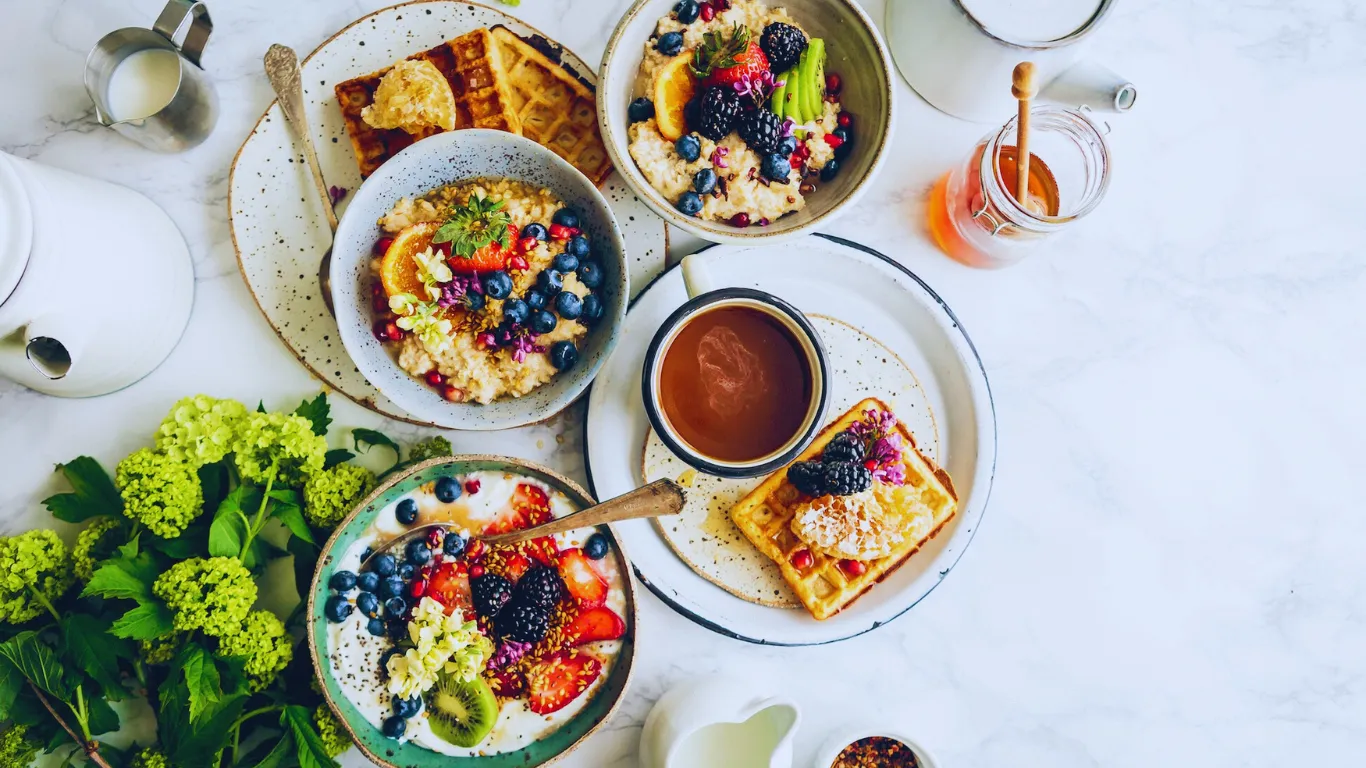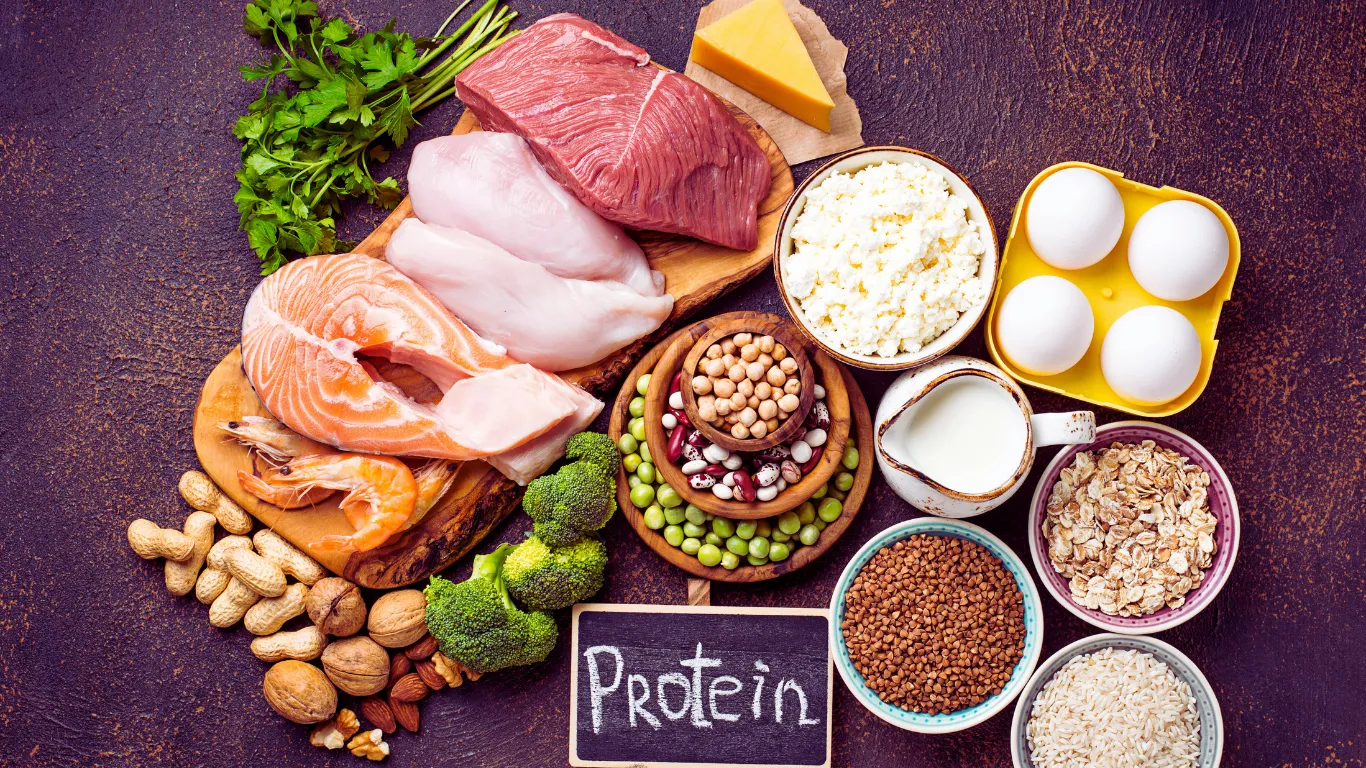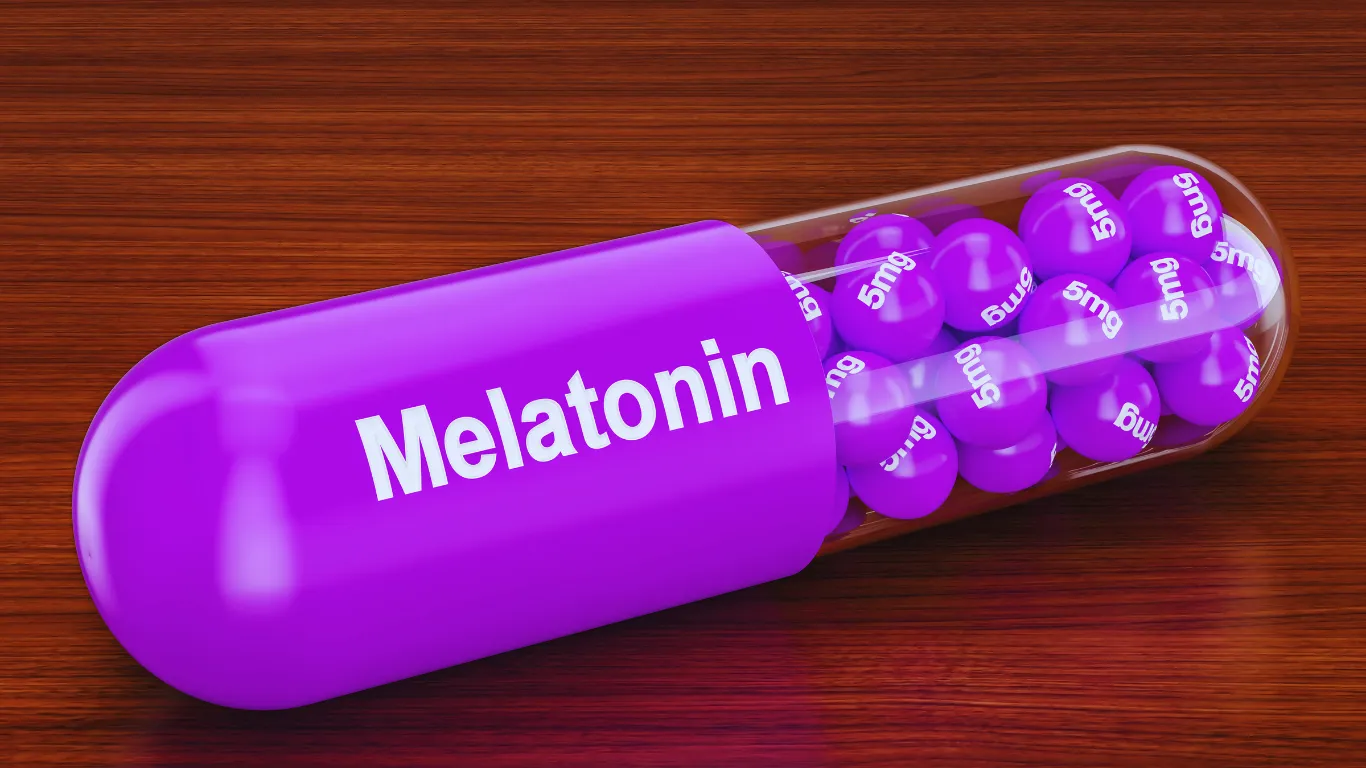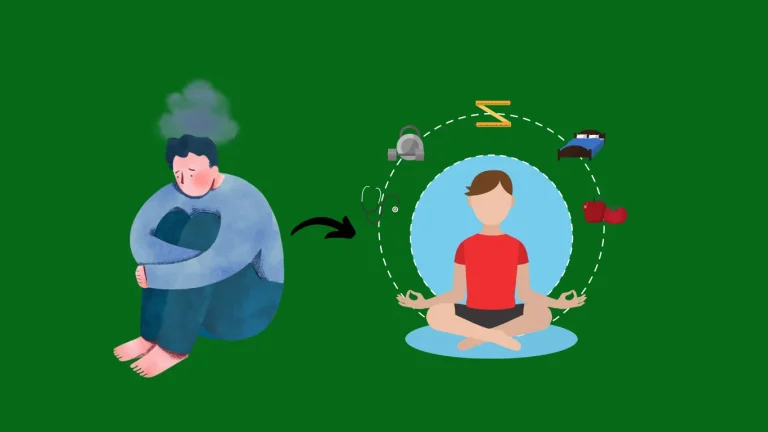In today’s fast-paced world, maintaining consistent energy levels and achieving restful sleep can be a constant challenge. Recent research emphasizes a powerful solution: nutrition(quick and slow digesting carbs).
The food we eat not only fuels our daily activities but also plays a crucial role in managing fatigue and improving sleep quality.
Understanding this connection starts with our body’s internal clock—the circadian rhythm, which regulates our sleep-wake cycles based on light and darkness cues.
Emerging studies in chrononutrition show that both when and what we eat significantly influence this rhythm, impacting our alertness and energy levels throughout the day.
Exploring these insights helps us make informed choices to optimize our diet for better energy and improved sleep. Join us as we delve into how nutrition impacts fatigue and sleep, uncovering practical strategies to enhance vitality and achieve more restful nights.
Breakfast and Energy

Eating breakfast plays a vital role in maintaining energy levels and overall well-being throughout the day. Here’s how breakfast contributes to reducing fatigue and enhancing vitality:
- Fueling After Overnight Fasting: Breakfast breaks the overnight fast, replenishing essential nutrients and energy stores depleted during sleep. This kick-starts metabolism, providing the body with early-morning fuel. Research shows that breakfast eaters experience improved physical and cognitive performance compared to those who skip it.
- Stabilizing Blood Sugar: A balanced breakfast including complex carbs, proteins, and healthy fats regulates blood sugar levels. This stability prevents glucose spikes and crashes, which can lead to lethargy and irritability.
- Enhancing Mood and Focus: Breakfast consumption improves mood and cognitive function by providing essential vitamins and minerals that support neurotransmitter production. Regular breakfast eaters often report higher concentration and better mood.
Prioritizing breakfast and choosing nutrient-rich foods significantly boosts energy levels, mental clarity, and overall vitality throughout the day.
Studies Linking Breakfast to Better Sleep Quality
Breakfast isn’t just about starting the day—it also plays a significant role in improving sleep quality:
- Regulation of Circadian Rhythms: Breakfast helps synchronize our circadian rhythms, promoting regular sleep patterns. Consistent meal times reinforce our body’s natural rhythm, leading to healthier sleep.
- Impact on Hormonal Balance: Breakfast supports hormonal balance, aiding serotonin and melatonin production. These hormones regulate the sleep-wake cycle, contributing to better sleep duration and onset.
- Survey Findings: Observational data suggests that skipping breakfast correlates with sleep disturbances like nocturnal awakenings.
By making breakfast a priority and choosing nutrient-rich foods, individuals can enhance both their energy levels throughout the day and their ability to enjoy restorative sleep at night.
Protein and Sleep

Protein is crucial for supporting bodily functions, including the production of neurotransmitters essential for sleep regulation. Here’s how protein influences serotonin and melatonin production:
- Tryptophan: Found in protein-rich foods, tryptophan is an amino acid that converts into serotonin and then melatonin. These hormones promote relaxation and regulate the sleep-wake cycle.
- Impact on Sleep Quality: Research shows that tryptophan-rich foods enhance sleep quality by facilitating relaxation and supporting restorative sleep patterns.
Recommended Sources of Tryptophan for Better Sleep
Enhance sleep quality with these tryptophan-rich foods:
- Poultry and Lean Meats: Chicken, turkey, and lean beef provide tryptophan and essential amino acids.
- Fish and Seafood: Salmon, tuna, and shellfish offer tryptophan and omega-3 fatty acids.
- Dairy Products: Milk, yogurt, and cheese contain tryptophan and calcium.
- Plant-Based Sources: Legumes, nuts, seeds, and tofu provide tryptophan for vegetarians and vegans.
- Whole Grains: Oats, quinoa, and brown rice combine complex carbs with tryptophan for sustained energy.
Incorporating these foods into a balanced diet optimizes serotonin and melatonin production, promoting deeper sleep and overall well-being. Enjoy them throughout the day for vitality and restfulness, supporting healthier sleep patterns.
Carbohydrates and Energy Levels

Carbohydrates are the body’s primary energy source, but their impact varies based on digestion speed. Understanding quick and slow digesting carbs can influence energy levels and health:
Quick Digesting Carbs
Also known as simple or high glycemic index (GI) carbs, these include white bread, rice, sugary snacks, pastries, and desserts. They quickly raise blood sugar, providing a rapid energy boost followed by a crash.
Slow Digesting Carbs
Complex carbs, like whole grains (oats, quinoa), legumes (beans), veggies (sweet potatoes), and fruits (apples), digest slowly, releasing glucose steadily. They sustain energy levels, regulate blood sugar, and promote long-lasting energy.
Impact on Energy Levels
- Quick Digesting Carbs: Ideal for immediate energy needs but can lead to energy crashes and cravings.
- Slow Digesting Carbs: Provide sustained energy, promote fullness, and support stable blood sugar levels.
Health Benefits
Choosing the right carbs supports:
- Weight Management: Promotes satiety and regulates calorie intake.
- Blood Sugar Control: Reduces insulin resistance and diabetes risk.
- Nutrient Density: Rich in vitamins, minerals, and fiber essential for overall health.
By prioritizing slow digesting carbs, you optimize energy levels, health, and vitality throughout the day.
Nutrient Deficiencies and Sleep
Lack of nutrients affects sleep quality by disrupting neurotransmitter production and physiological processes:
- Iron: Essential for serotonin production, oxygen transport, and RLS prevention (e.g., lean meats, spinach).
- Magnesium: Calms nerves, enhances sleep efficiency (e.g., nuts, seeds).
- Other Nutrients: Potassium (muscle relaxation), zinc (melatonin regulation), B vitamins (serotonin, melatonin).
A balanced diet supports sleep quality and overall health through nutrient synergy, energy regulation, and circadian rhythm support.
Caffeine and Sleep
Caffeine boosts alertness but can disrupt sleep:
- Impact: Blocks sleep-promoting adenosine receptors, delaying sleep and reducing sleep quality.
- Tips: Limit intake to mornings, monitor consumption (200-400mg/day), and consider sensitivity.
Balancing caffeine with hydration and sleep routines preserves its benefits while safeguarding sleep quality and well-being.
Hydration and Energy

Hydration maintains energy and combats fatigue:
- Benefits: Supports cellular function, cognitive performance, physical endurance, and mood regulation.
- Tips: Drink water regularly (8-10 cups/day), monitor urine color, include hydrating foods, limit dehydrating beverages, hydrate before/during/after exercise.
Prioritizing hydration enhances energy levels, cognitive function, and overall well-being throughout daily activities.
Further Nutrition Considerations for Sleep

While significant aspects of nutrition impacting sleep have been covered, several other dietary factors influence sleep quality and overall well-being:
Fat and Sleep:
High-fat meals close to bedtime can cause discomfort and disrupt sleep. However, incorporating healthy fats earlier in the day from sources like nuts, seeds, and avocados supports energy levels and satiety.
Salt Intake:
Excessive salt consumption, especially late in the day, may lead to water retention and discomfort, potentially affecting sleep quality. Moderating salt intake by choosing whole, minimally processed foods helps maintain electrolyte balance.
Alcohol:
While alcohol initially acts as a sedative, it can fragment sleep and reduce overall sleep quality. Limiting alcohol consumption and avoiding it close to bedtime promotes restorative sleep.
Meal Timing:
Eating large or spicy meals too close to bedtime can cause indigestion and discomfort, making it harder to fall asleep. Opting for lighter, well-balanced meals earlier in the evening supports digestion and relaxation before bedtime.
Invitation to Explore Additional Topics in Depth
Beyond these factors, numerous aspects of nutrition and lifestyle impact sleep and well-being. Consider exploring the following topics for a deeper understanding:
- Impact of Specific Foods: Investigate foods like cherries, kiwi, or herbal teas known for their potential sleep-promoting properties.
- Supplements: Explore the role of supplements such as melatonin, magnesium, or herbal remedies in supporting sleep quality and managing sleep disorders.

- Lifestyle Factors: Discuss how exercise, stress management, and sleep hygiene practices influence overall sleep patterns.

- Special Populations: Explore how nutrition affects sleep in specific groups like athletes, older adults, or individuals with chronic health conditions.

- Personalized Approaches: Consider tailored dietary interventions that address individual sleep needs and preferences.
By exploring these topics, individuals can gain insights into optimizing their nutrition and lifestyle choices to support better sleep and overall health. Understanding the complex relationship between diet and sleep empowers informed decisions for enhancing sleep quality and overall well-being.
FAQs
How does nutrition affect sleep quality?
Nutrition influences sleep quality through its impact on neurotransmitter production and hormone regulation. Foods rich in tryptophan, such as turkey and dairy products, promote the production of serotonin and melatonin, which aid in relaxation and sleep onset.
Is breakfast important for energy and overall health?
Yes, breakfast is crucial for maintaining energy levels and supporting overall health. It replenishes nutrient stores after fasting overnight, stabilizes blood sugar levels, and enhances cognitive performance and mood throughout the day.
What are the best foods to eat before bed to promote better sleep?
Foods rich in tryptophan, such as nuts, seeds, and dairy products, can promote better sleep quality. Pairing these with complex carbohydrates aids in tryptophan absorption and supports nighttime relaxation.
How does caffeine impact sleep, and when should I avoid it?
Caffeine is a stimulant that can delay sleep onset and reduce sleep quality, especially when consumed later in the day. It’s best to limit caffeine intake in the afternoon and evening to avoid disruptions to your sleep cycle.
What are slow digesting carbs?
Slow-digesting carbs are complex carbohydrates that take longer for the body to break down into glucose, providing a steady and sustained release of energy over time. These carbs have a lower glycemic index (GI), which means they cause slower rises in blood sugar levels compared to quick-digesting carbs.

Shahariar Shahed is a mental health and productivity writer with a background in business and digital marketing. He researches evidence-based strategies for motivation, mental well-being, and self-improvement. Shahariar is also an Aspire Leadership Program alumni and a passionate advocate for lifelong learning. Follow him on Instagram




